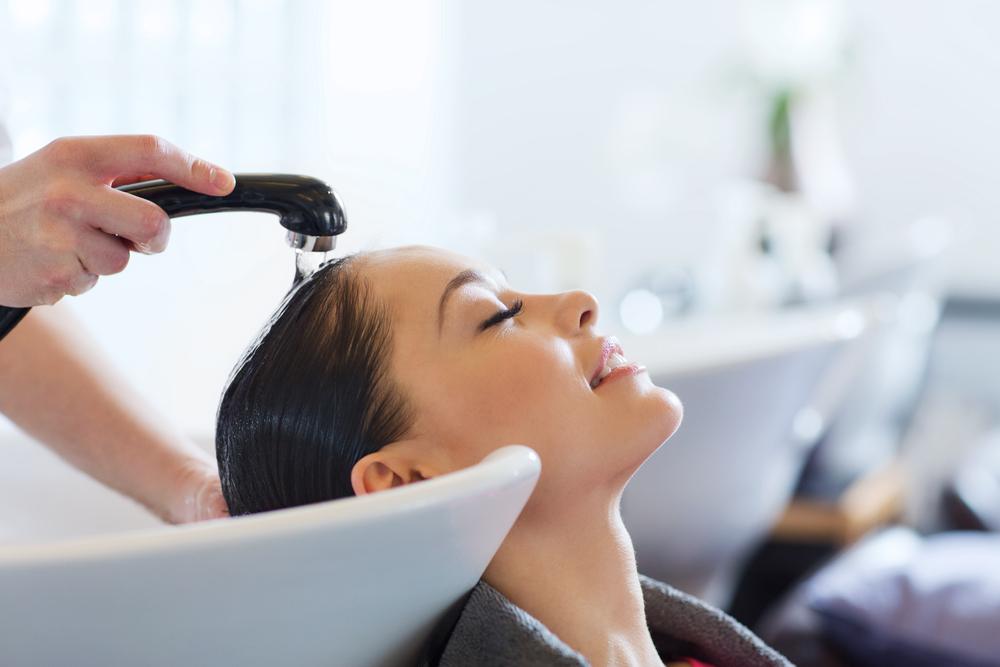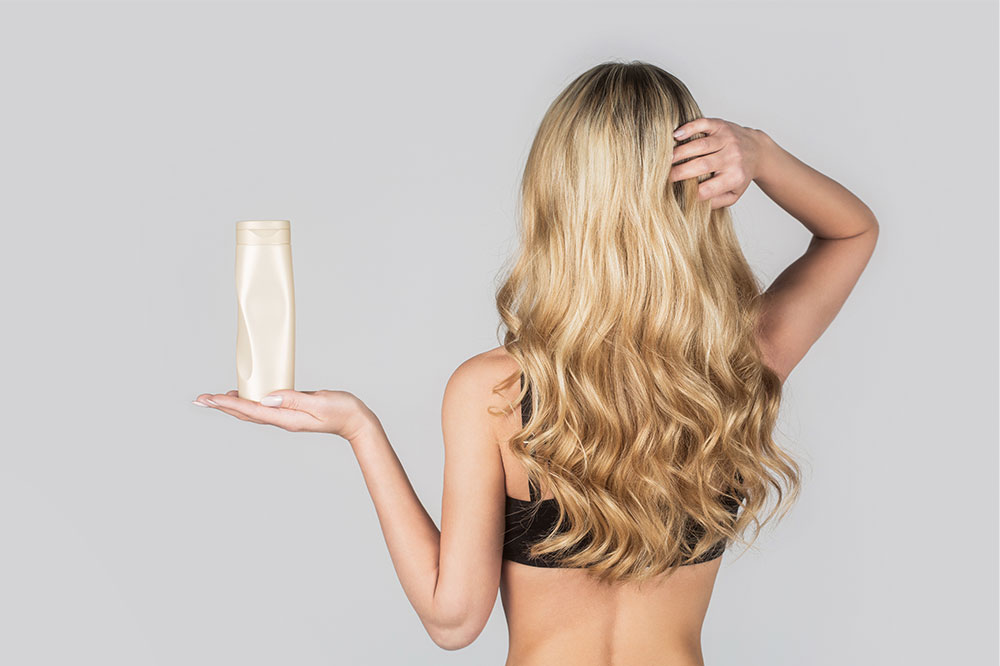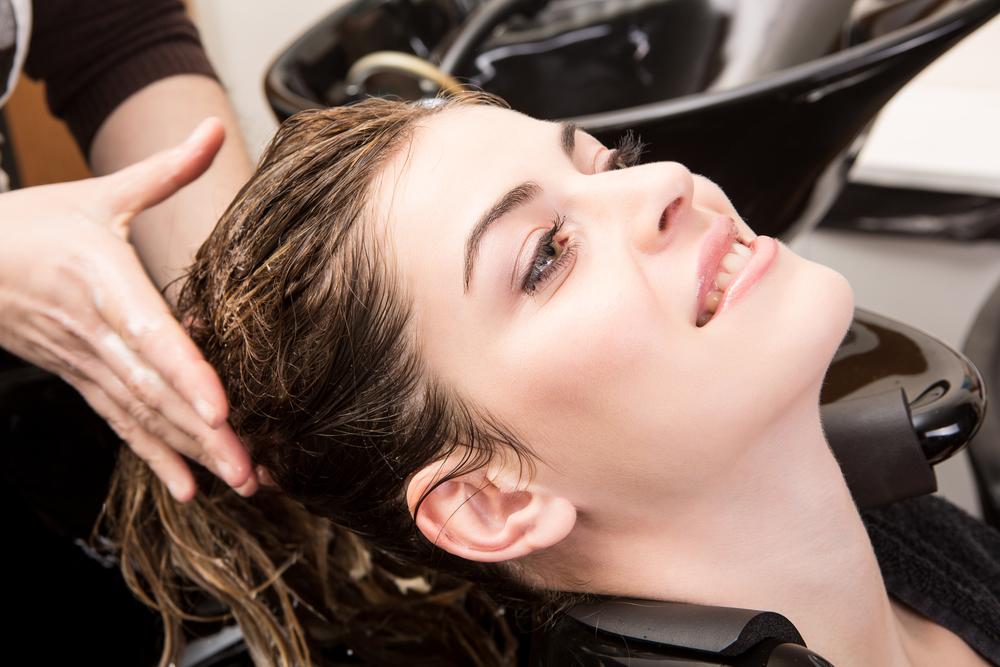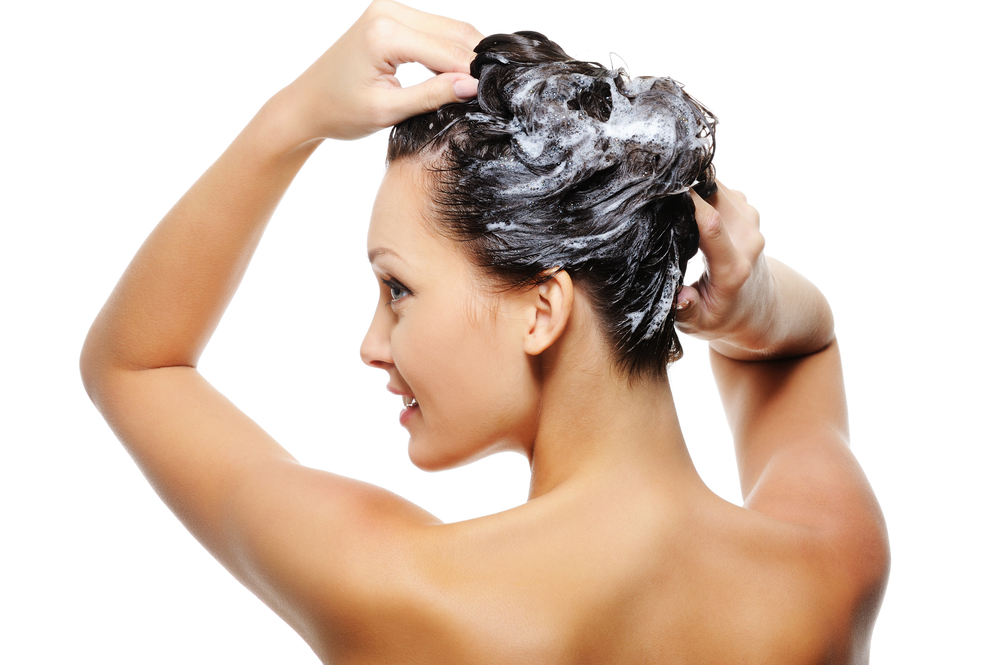Comprehensive Guide to Prevent Hair Thinning and Promote Healthy Hair Growth
Discover comprehensive strategies to prevent hair thinning, including dietary tips, scalp massage techniques, styling practices, and professional advice. This guide offers practical solutions to maintain healthy, full hair and combat hair loss caused by genetics, lifestyle, or health issues, empowering you to take proactive steps towards stronger, shinier hair.

Effective Strategies to Combat Hair Thinning and Maintain Healthy Hair
Hair thinning and receding hairlines are common concerns that can significantly impact an individual's confidence and self-esteem. Many young adults experiment with diverse hairstyles such as buns, braids, highlights, cornrows, dreadlocks, straightening, curling, and styling mousse. However, improper maintenance and frequent styling can lead to damage and increased hair loss over time. While genetics, aging, and lifestyle factors contribute to hair thinning, adopting proactive hair care routines can help slow down the process and promote healthier hair growth. This comprehensive guide explores proven strategies to prevent hair thinning, strengthen hair strands, and maintain a vibrant, fuller head of hair.
Balance Your Nutritional Intake: Your diet plays a crucial role in hair health. Incorporate foods rich in zinc, iron, protein, and vitamin B12 to enhance hair strength and shine. Lean meats like chicken and turkey, oily fish such as salmon and tuna, along with nuts, seeds, spinach, and other leafy greens, provide essential nutrients that nourish hair follicles. Proper nutrition not only boosts hair vitality but also reduces the risk of brittle, dull hair and excessive shedding.
Regular Scalp Massage: Massaging your scalp stimulates blood circulation and nourishes hair roots. Use natural oils like coconut, almond, or olive oil for massage, ideally before shampooing. Gentle massage for about 10-15 minutes can promote stronger hair growth by delivering vital nutrients directly to the hair follicles. Additionally, using scalp massage devices or techniques can enhance blood flow and help distribute natural oils evenly across your scalp.
Mindful Styling Practices: Frequent use of styling tools such as blow dryers, flat irons, curling wands, and chemical treatments can weaken hair strands, leading to breakage and thinning. To minimize damage, always apply heat protectant sprays before styling and avoid excessive heat exposure. Opt for lower temperature settings and limit the use of harsh chemical dyes or relaxers. If styling daily, choose quality styling products designed to protect your hair from heat and damage.
Proper Hair Washing Techniques: Hot water can strip natural oils from your scalp and hair, resulting in dryness and brittleness. It is recommended to rinse hair with cold or lukewarm water, especially at the end of your shower, to help seal the hair cuticle and lock in moisture. Regular washing with gentle, sulfate-free shampoos can keep your scalp clean without stripping away vital oils. Follow with a suitable conditioner to maintain moisture and smoothness.
Maintaining a healthy scalp and hair care routine is essential in preventing hair thinning. Besides topical care, understanding underlying causes and seeking professional advice is equally important.
Seek Professional Evaluation: If you notice persistent or rapid hair thinning, it's vital to consult a dermatologist or trichologist. Hair loss can be caused by various factors such as nutritional deficiencies, hormonal imbalances, stress, or underlying medical conditions like thyroid issues. A thorough assessment can help identify the root cause and recommend effective treatment options. Medical interventions, topical solutions, or lifestyle modifications may be suggested based on the diagnosis.
Address Hormonal and Medical Conditions: Conditions like Polycystic Ovary Syndrome (PCOS), thyroid dysfunction, and hormone imbalances are common contributors to hair thinning. Managing these health issues through medication, lifestyle changes, or hormonal therapy can significantly reduce hair fall. Regular check-ups and tailored medical advice from healthcare professionals are essential for long-term hair health.
Manage Stress and Lifestyle Factors: High stress levels, insufficient sleep, and poor lifestyle choices can exacerbate hair thinning. Incorporate stress-reduction techniques such as meditation, yoga, or exercise into your routine. Avoid smoking and excessive alcohol consumption, both of which can impair hair growth. Prioritizing a balanced, healthy lifestyle supports overall well-being and healthy hair growth.
In summary, preventing hair thinning involves a combination of nutritional, lifestyle, and professional strategies. Consistent hair care, proper diet, stress management, and seeking medical advice when necessary can help you maintain thick, healthy, and beautiful hair over time. By adopting these routines, individuals can combat hair loss effectively and preserve their confidence and appearance.





